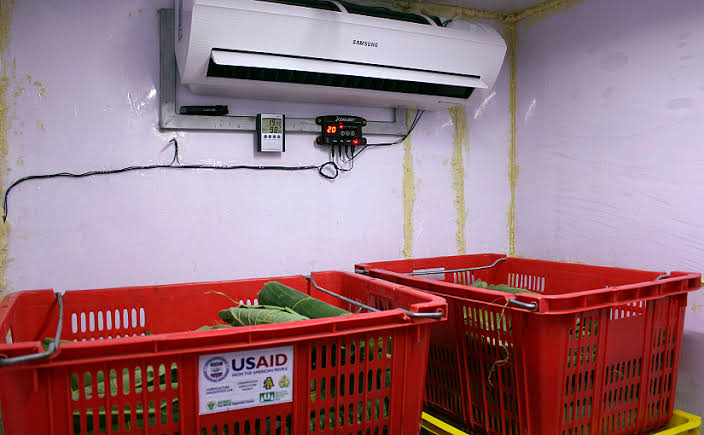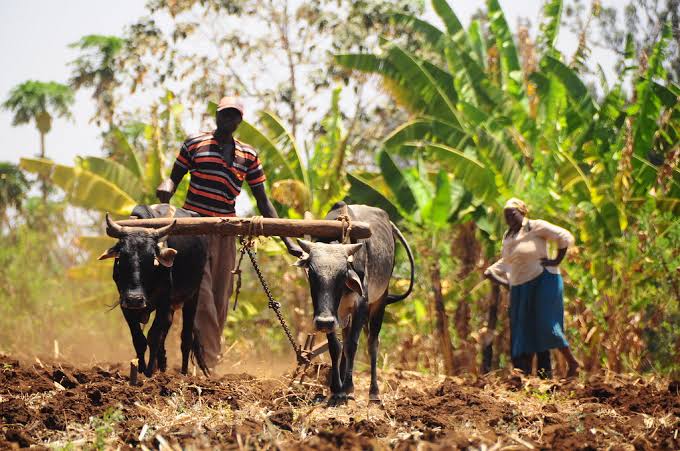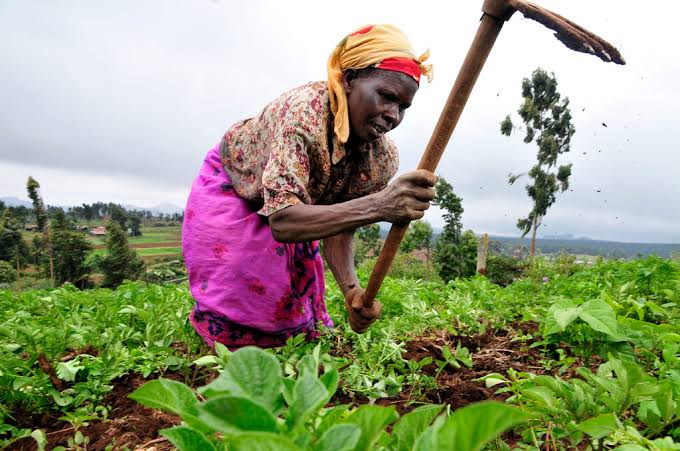
A low cost storage facility meant to preserve produce for upto two weeks is assisting smallholder farmers stem food waste and sell their produce at reasonable prices at a time when Kenya is losing upto 40 percent of food to post harvest losses.
The technology dubbed CoolBot system is an innovation by University of Nairobi researcher Dr. Jane Ambuko who has been disturbed by farmers’ lack of access to food storage technology.
The technology uses a standard domestic air conditioner equipped with a control mechanism to maintain a room at the desired low temperature depending on the produce being stored. The system costs between Sh200,000 to Sh300,000 less than half of what a commercial cold store of the same dimension is sold for.
“Postharvest losses in Kenya can range from 10 to 50 percent, depending on the type of produce,” says Ambuko. “Cold storage can preserve produce for at least two weeks compared to two days for highly perishable fruits and vegetables exposed to room temperature. However, mechanical refrigeration technologies are generally out of reach for many smallholder farmers.” Many are forced to sell their commodities immediately, often at very low prices.
“This technology has been successfully introduced in Bangladesh, India and the United States, and we want our farmers to benefit from it too,” says Ambuko. “We are installing CoolBot cold rooms in three locations and have recruited about 600 farmers, more than half of whom are women, to test them.” If all goes well during the project’s initial proof-of-concept phase, Ambuko plans to seek additional grant funding to expand the project’s reach and impact.
Ambuko is applying best practices learned through a two-year, online training of trainers in postharvest technology by the Postharvest Education Foundation and the University of California, Davis under the Feed the Future Innovation Lab for Collaborative Research on Horticulture, supported by the U.S. Agency for International Development (USAID).
She is also one of 390 outstanding women agricultural scientists from 11 African countries who have won prestigious fellowships from African Women in Agricultural Research and Development(AWARD). Funded by the Bill & Melinda Gates Foundation and USAID under Feed the Future, AWARD fellowships are granted on the basis of each scientist’s intellectual merit, leadership capacity and the potential of her work to improve the livelihoods of African smallholder farmers.
According to an AWARD study, the majority of those who produce, process and market Africa’s food are women, but only one in four agricultural researchers is female. Even fewer – one in seven – hold leadership positions in African agricultural research institutions. In order for African agriculture to reach its potential, it is critical to cultivate a new generation of African leaders in food and agriculture, including technically competent, confident and influential women.
In Africa, four billion dollars worth of food is lost annually due to inefficiencies across the agricultural value chain after crops are harvested, according to a study by theAlliance for a Green Revolution in Africa. This kind of food waste is referred to as “postharvest loss”, and has many causes ranging from poor infrastructure for transporting agricultural goods to improper or outdated food storage practices. “Reduced postharvest losses mean better food security and nutrition for farming families in Kenya,” says Ambuko. “I am passionate about doing my part to make this happen.”
Write comment (0 Comments)
















